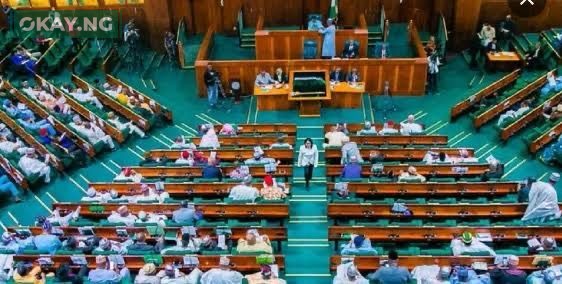President Bola Tinubu’s proposed tax reform legislation has moved forward in Nigeria’s legislative process following the House of Representatives’ adoption of the Finance Committee’s report yesterday.
The four bills—Nigeria Tax Bill, Nigeria Tax Administration Bill, Nigeria Revenue Service Bill, and Joint Revenue Board of Nigeria (Establishment) Bill, 2024—are now positioned for their third and final reading in upcoming legislative sessions.
The Finance Committee, under Chairman Hon. James Faleke’s leadership, incorporated significant amendments to address stakeholder concerns raised during recent public hearings. Among the key modifications, the Value Added Tax (VAT) rate will remain at 7.5%, rejecting both the originally proposed increase and stakeholder suggestions to reduce it to 5%.
The committee introduced a new formula for distributing VAT revenue allocated to states and local governments. For the states’ 55% share, the distribution will be: 50% equally among all states, 20% based on population, and 30% determined by consumption patterns. The report emphasizes that revenue will be attributed to “the actual place of consumption irrespective of where the returns are filed.”
Additional approved changes include reinstating contributions to the National Agency for Science and Engineering Infrastructure (NASENI) and National Information Technology Development Agency (NITDA), while ensuring continued funding from the Development Levy.
The House rejected the proposed inheritance tax, which had been presented as “taxation of family income,” noting that it conflicted with Sharia and Customary Laws governing inheritance matters in northern and southern regions respectively.
Other key amendments include: Maintaining exemptions and incentives for NEPZA (Nigeria Export Processing Zones Authority) and OGFZA (Oil and Gas Free Zones Authority), Preserving profit exemptions for manufactured exports to boost non-oil export revenue, Including provisions from 2024 Executive Orders related to oil and gas operations, Requiring state representation on the proposed Nigeria Revenue Service Board, Making the Revenue Service’s power to distrain subject to valid court orders, Allocating 2% of non-oil revenue to a new Tribunal Fund and Eliminating the proposed Office of the Ombud to avoid jurisdictional overlap and reduce costs.







